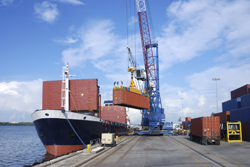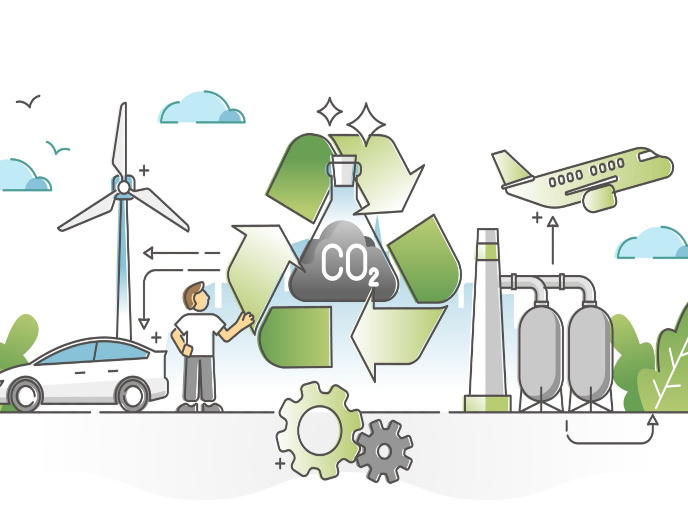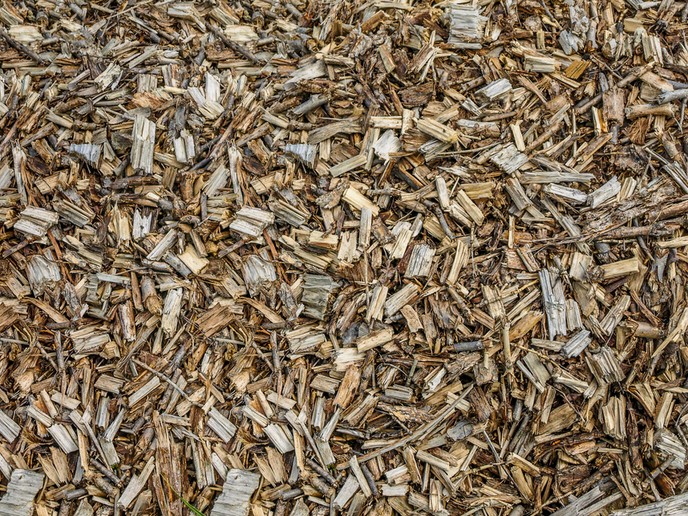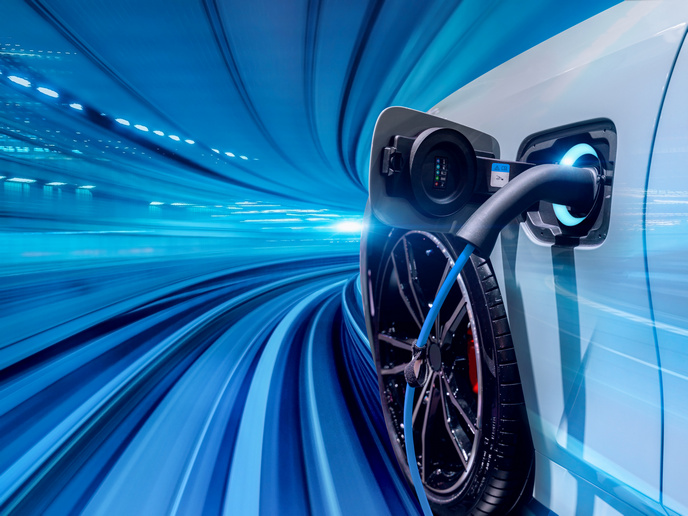Making our ports safer - for everyone involved
Trade and traffic through ports are key elements of the EU transport system. With increasing maritime traffic accompanied by heightened demand for environment protection, all involved are pressed to offer better transport security, safety and management. This calls for related development and innovation. The 'Coordination Action of ports for integration of efficient innovations and development of adequate research, development and innovation activities' (Capoeira) project focused on research, development and innovation (RDI) in the area of freight transport activities in ports. Given that past projects never crossed the commercialisation threshold, before moving forward, Capoeira decided that a framework of conditions for project successes and failures had to be identified. Project partners thus set out to develop recommendations for current and future RDI projects. The primary aim was to support efforts to minimise the risks of investments and increase the chances of commercial success. Analyses of previous projects and activities in 3 representative European ports over the last 10 years were used to identify critical factors. Researchers then produced guidelines for existing and future projects and issued common ports research topics for the short, medium and long term. Project work centred on answering the question of 'who' (the society) with 'what' (techniques) and 'where' (the territory) to ensure that any proposed innovation actually corresponds to demand. This formed the basis of the 'Techniques - society - territory' (TST) approach, which involved data collection and processing and assessment and validation. Capoeira designed and developed such a TST model to address the implementation stage of an innovation. Other activities focused on involving professionals from various related fields and previous EU-funded RDI projects to participate in interviews and share their experiences at workshops. This enabled the gathering of detailed information on the life cycle of RDI projects. Guidelines and recommendations that were developed and presented focus on improving the research process from the first to the last stage. These guidelines were then tested on Sixth Framework Programme (FP6) projects and have already returned positive results. The establishment of an extensive network of industry, academic and research representatives boosted the relevancy of the TST approach for all transport systems and modes. Continuing advances across the board will contribute to the realisation of a future sustainable transport system.







